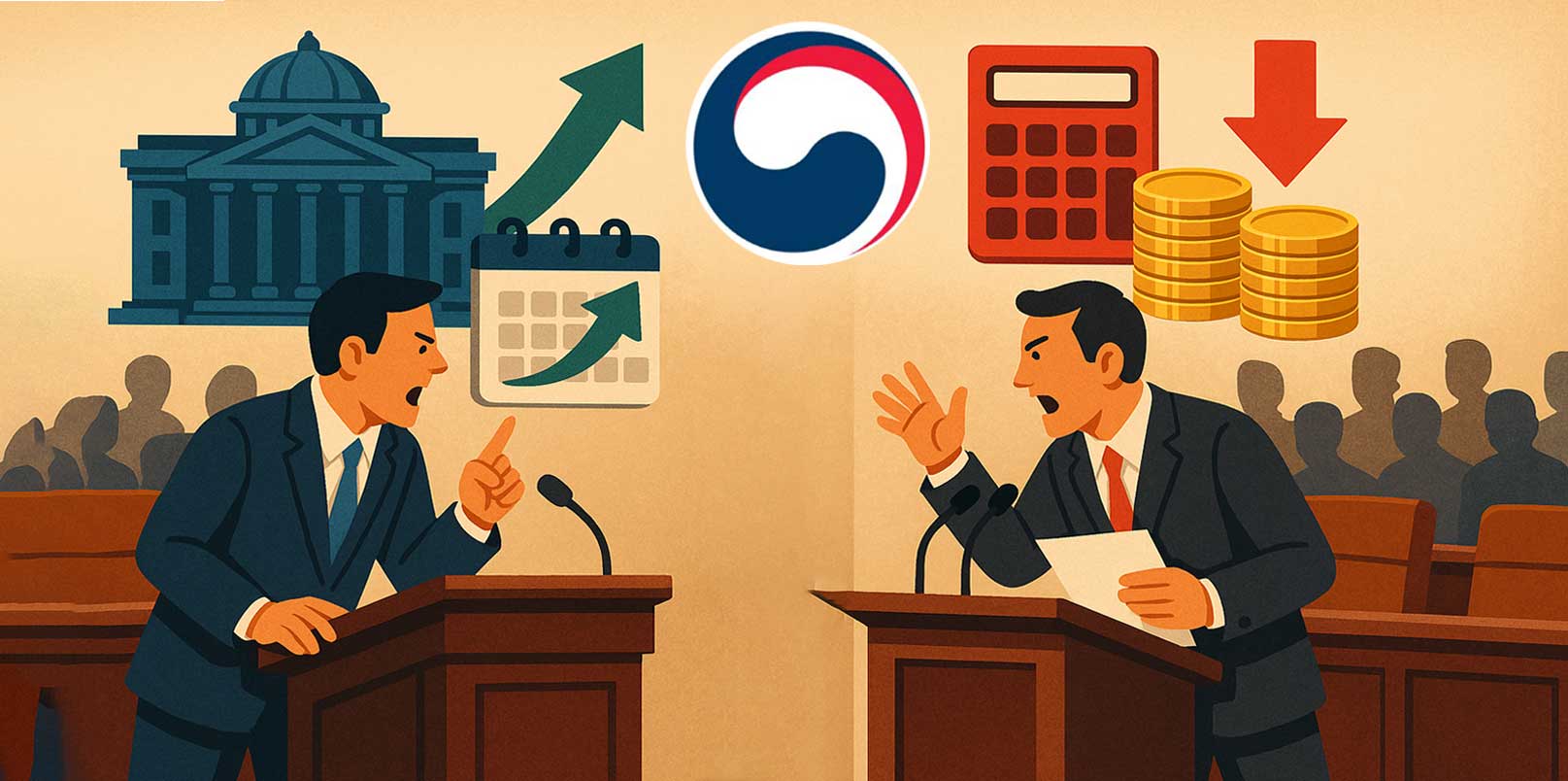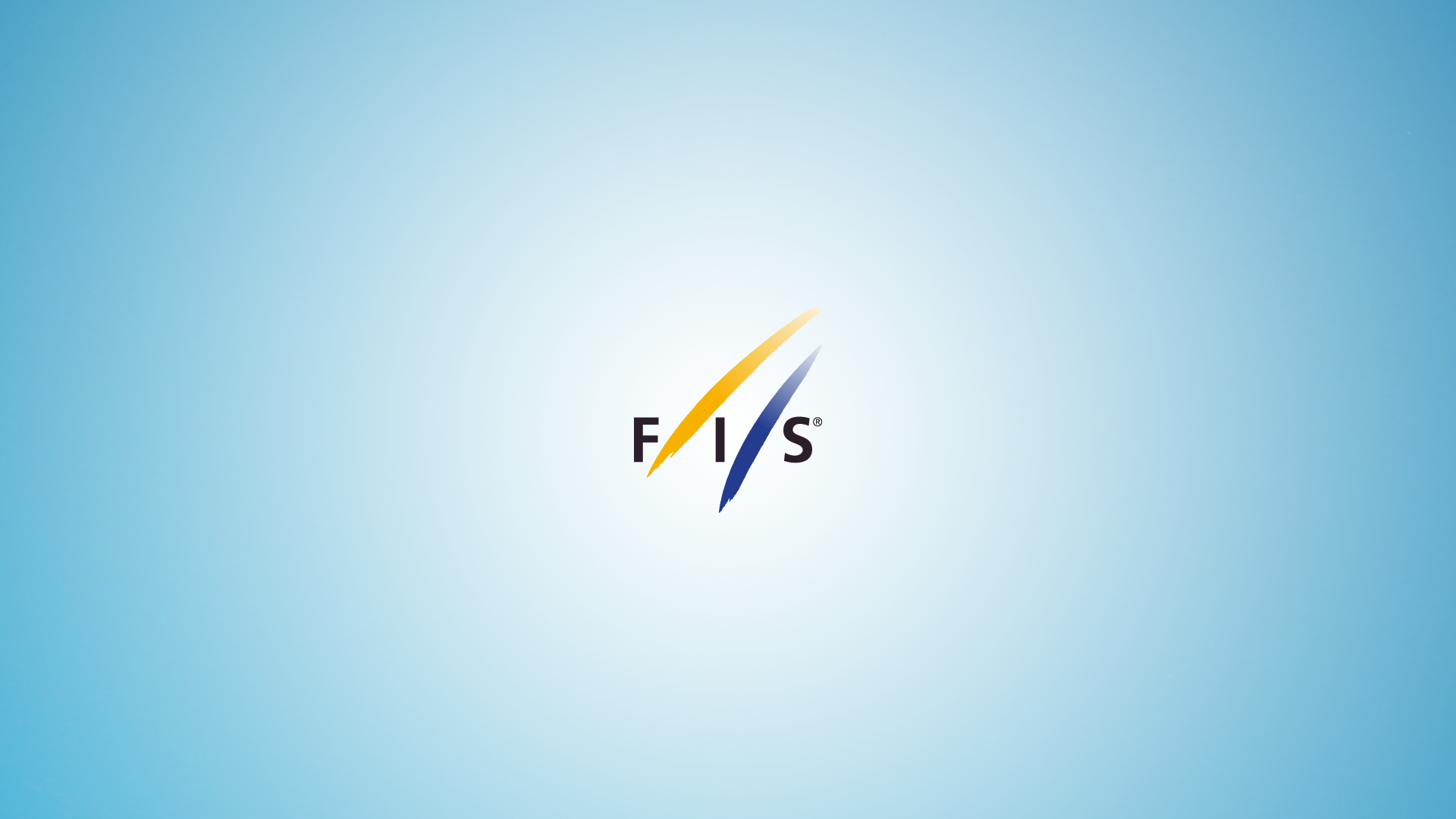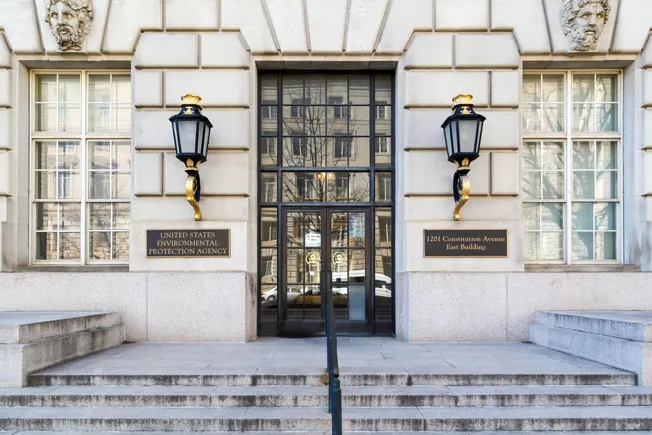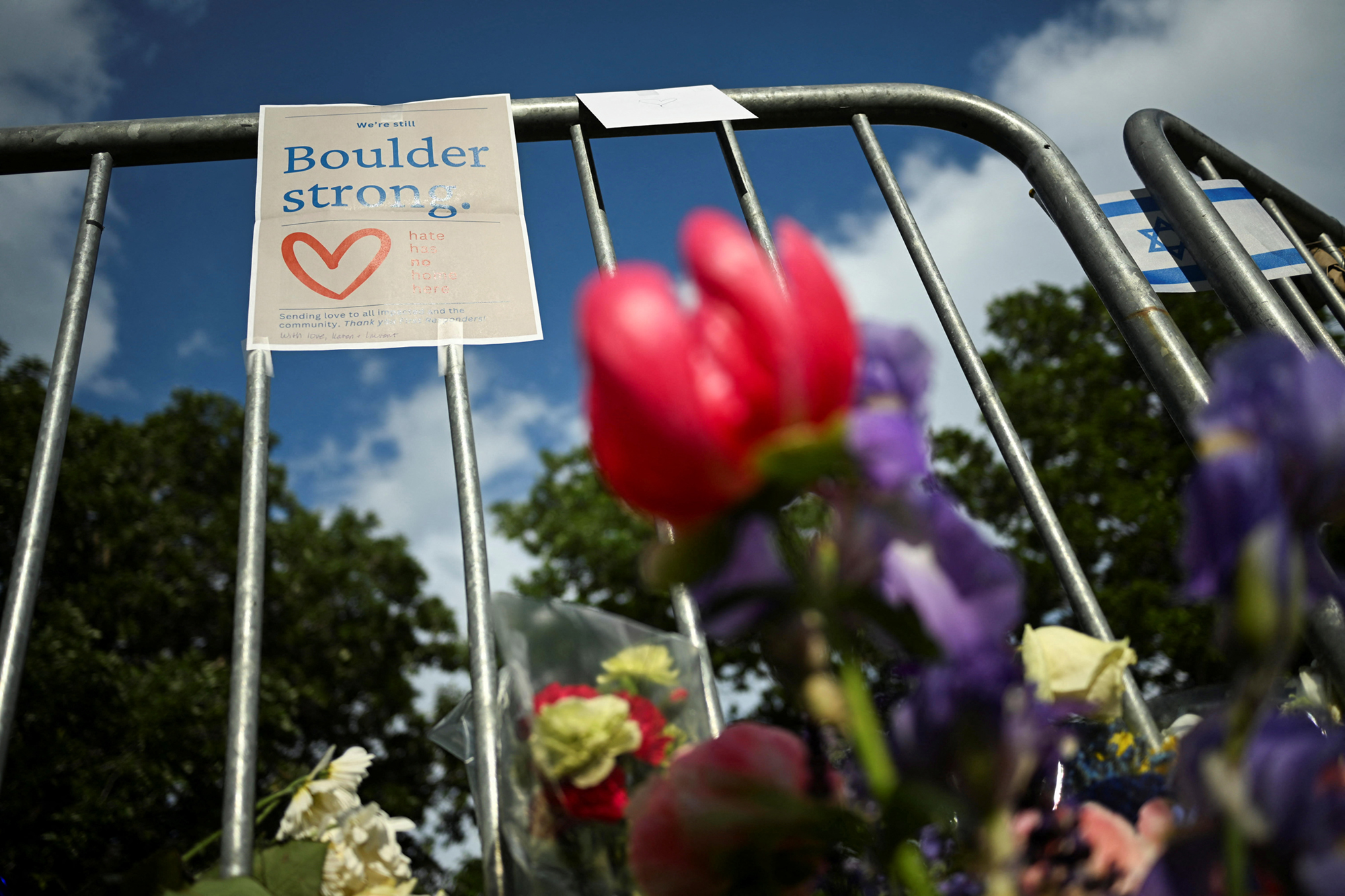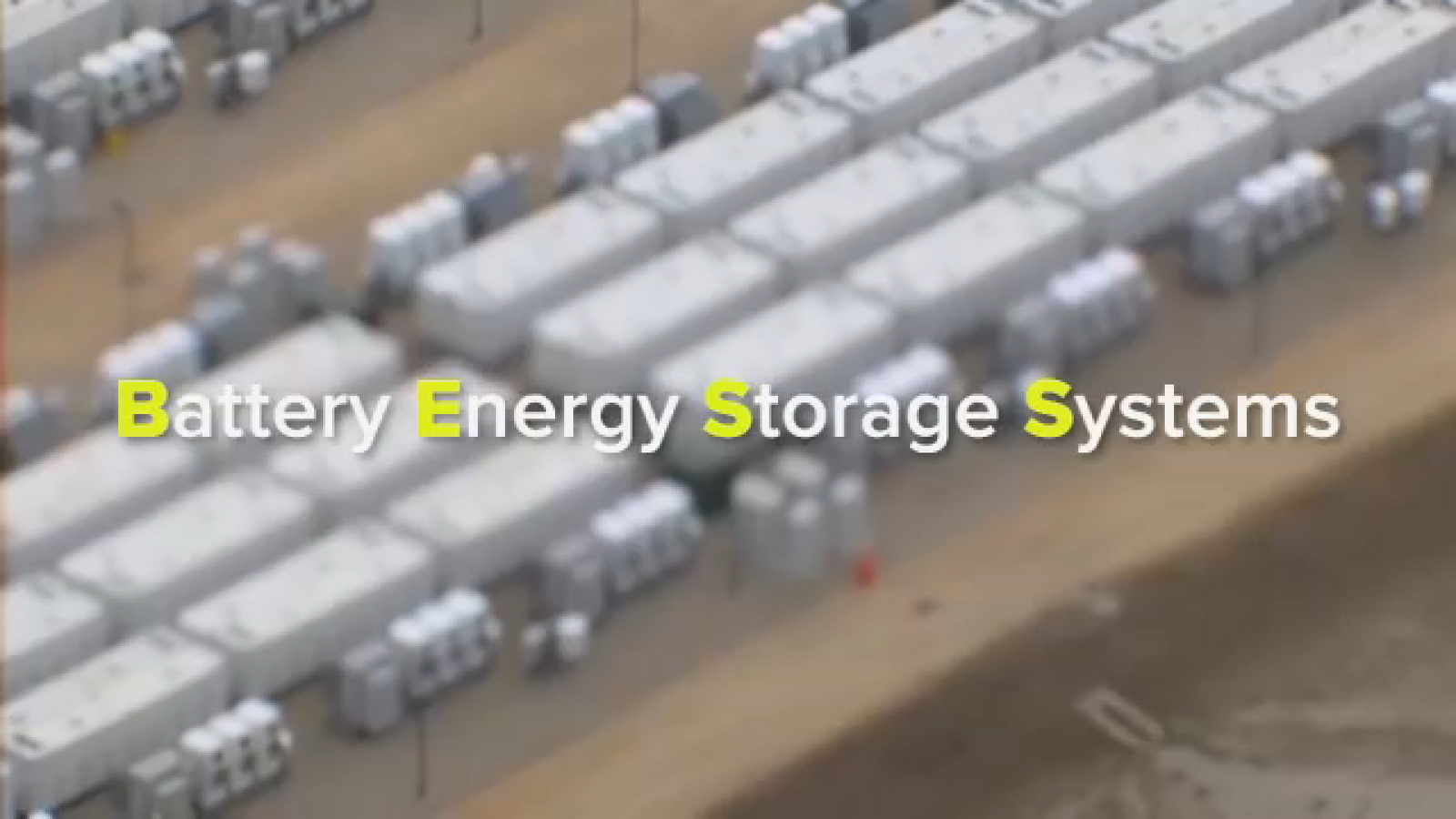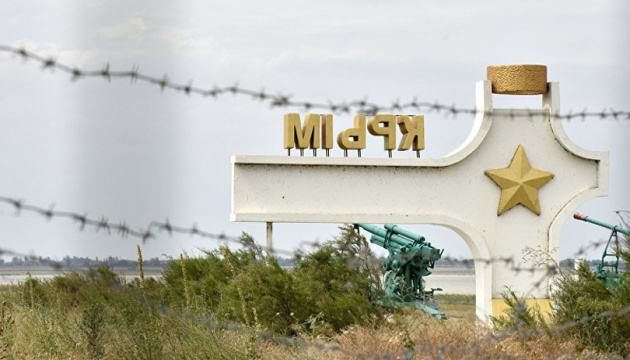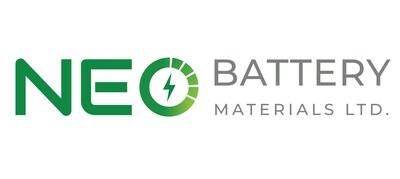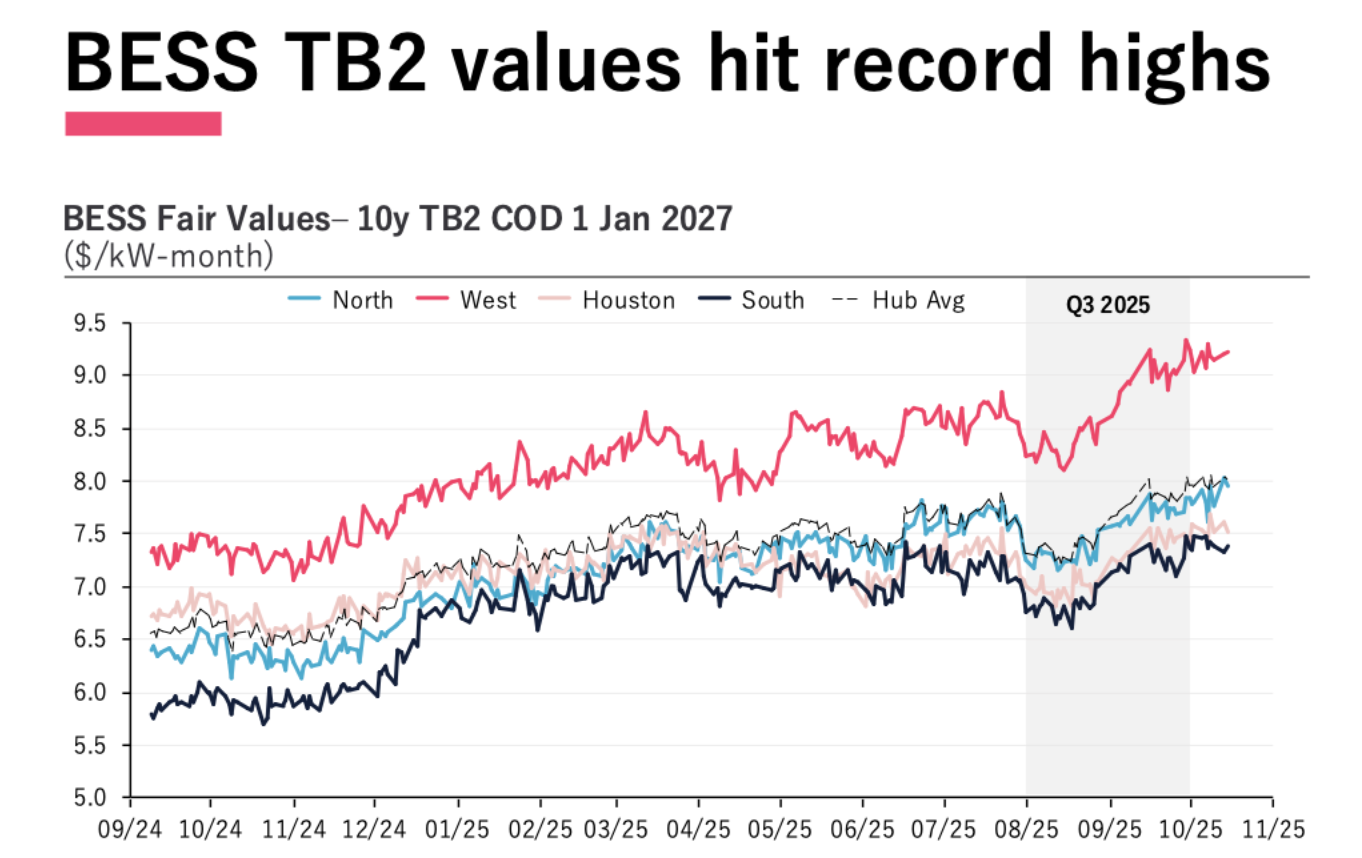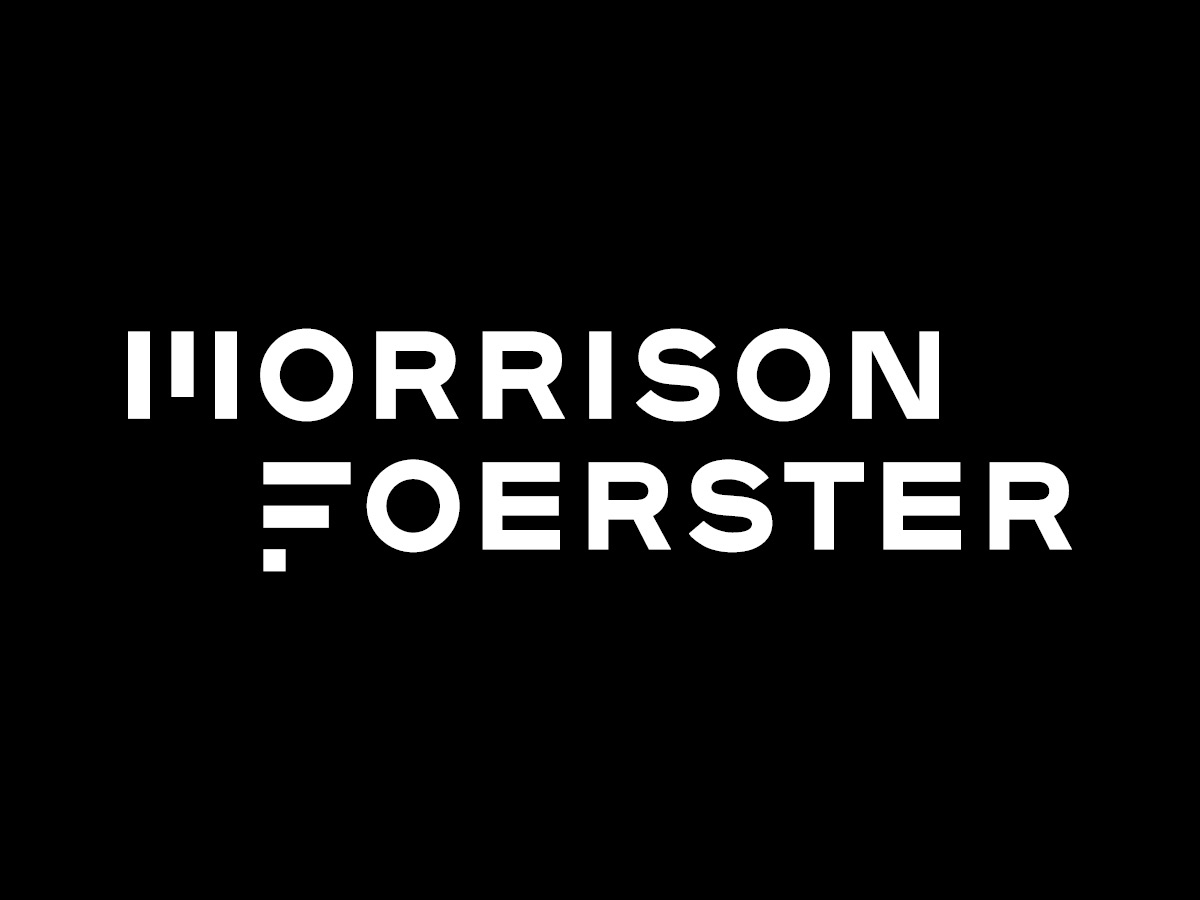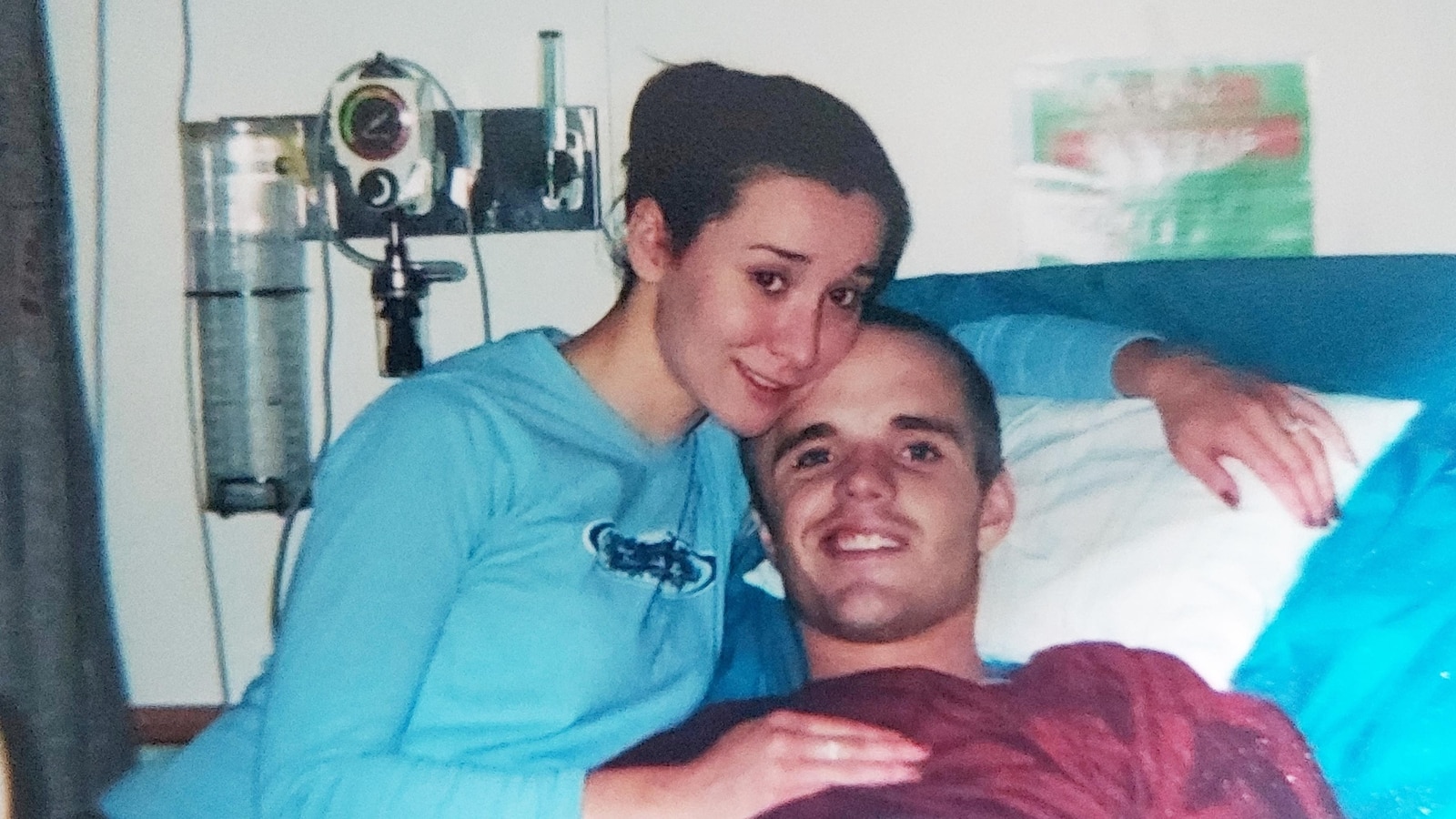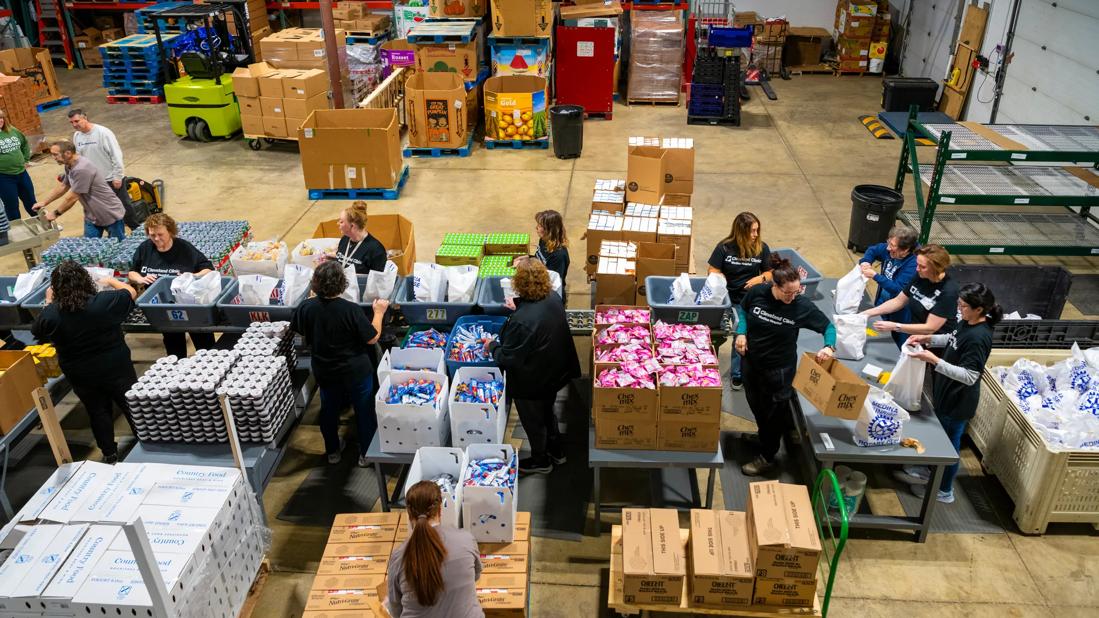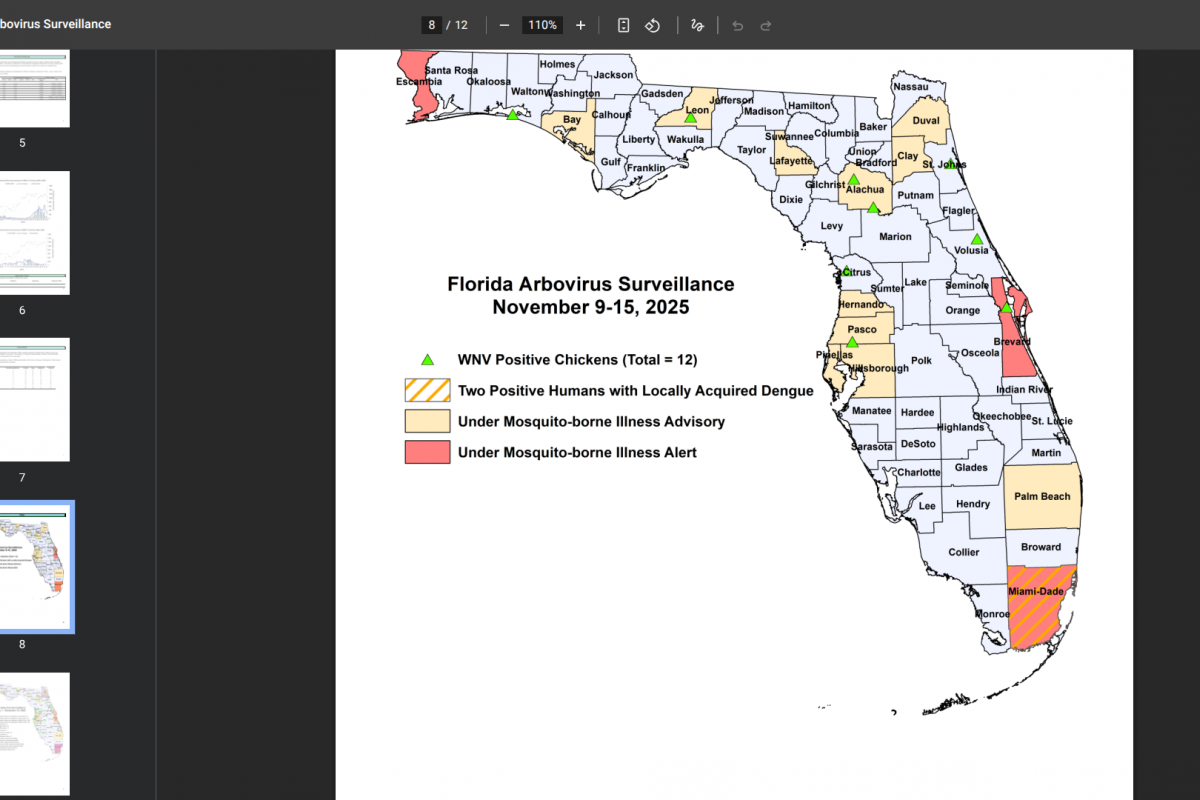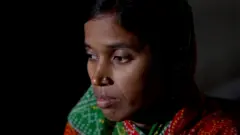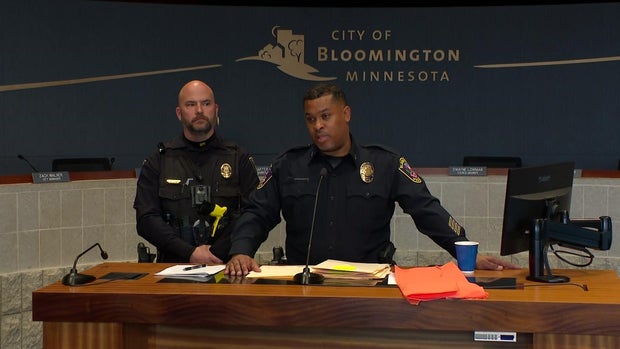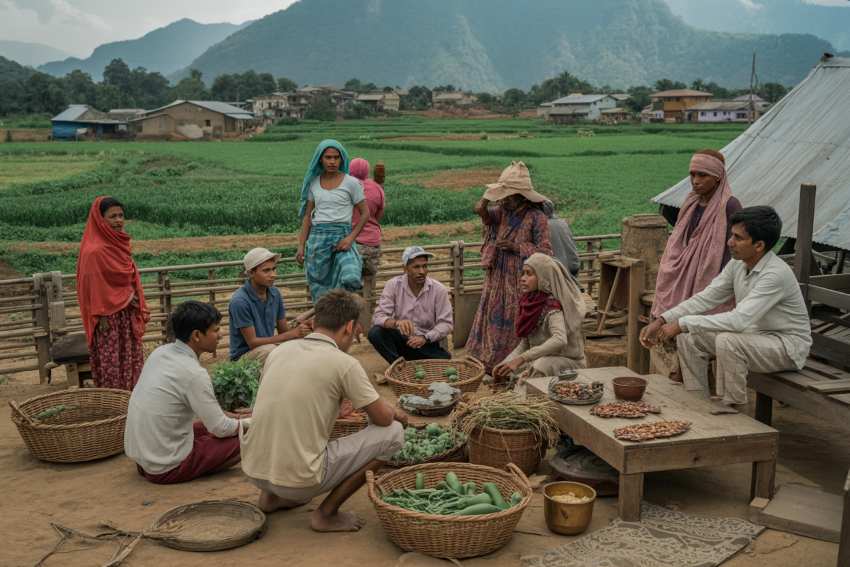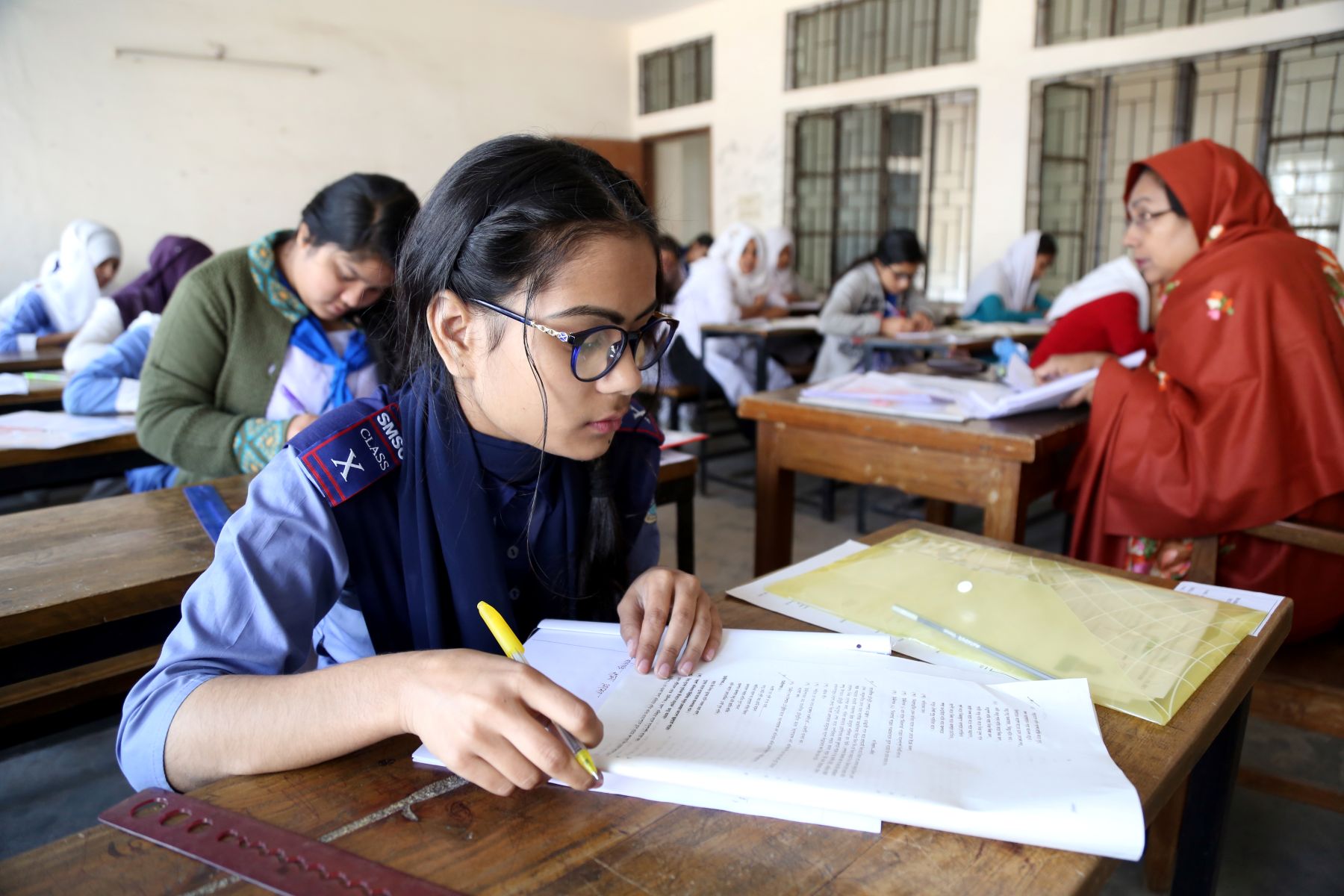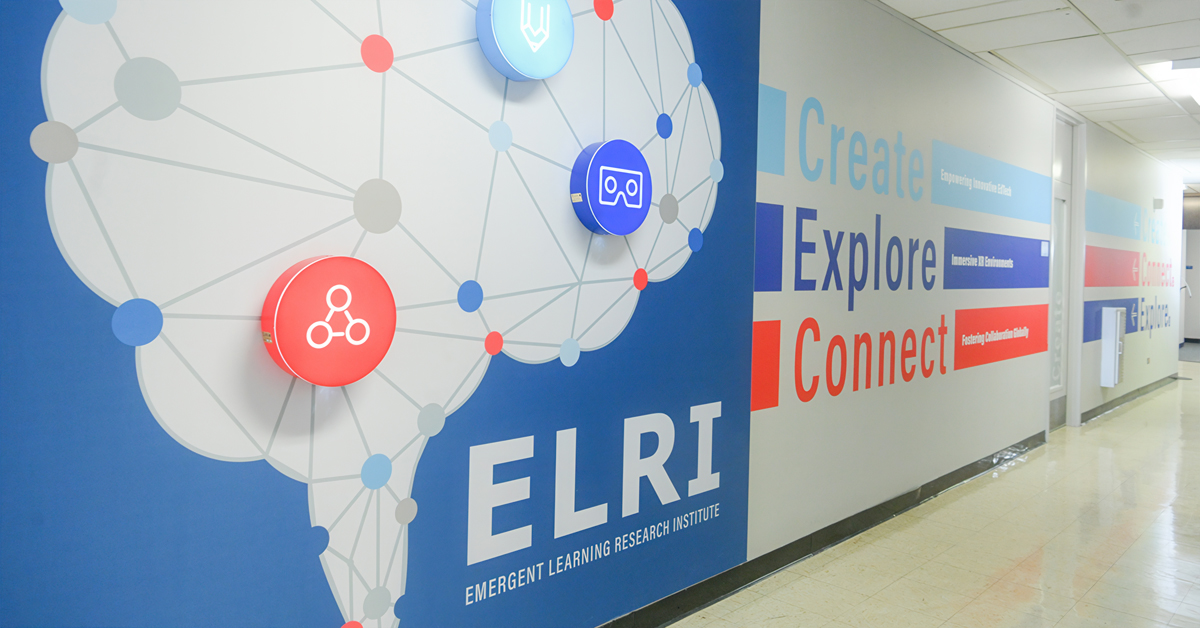More than $3 million awarded to support students, families and community innovation – MSU Denver – Early Bird
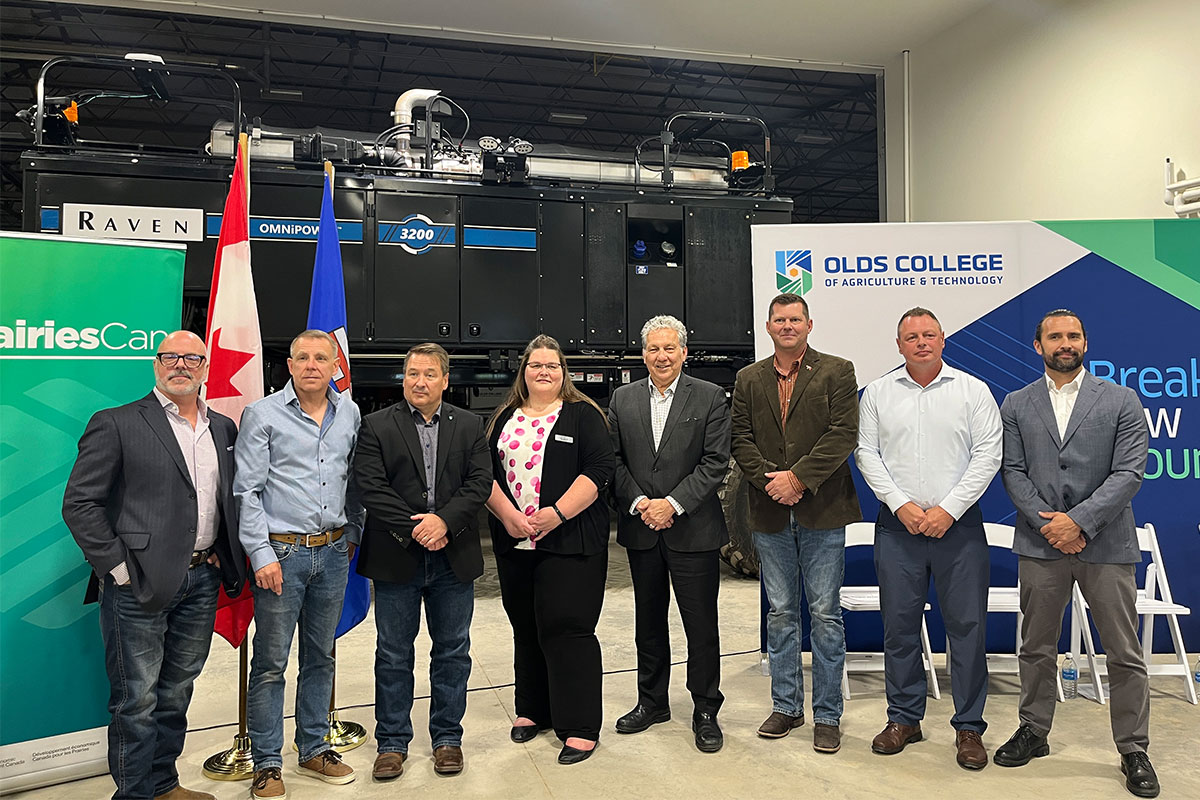
Metropolitan State University of Denver: Grant Funding Report and Sustainable Development Goal Alignment
This report outlines recent grants awarded to faculty and staff at Metropolitan State University of Denver (MSU Denver), detailing their alignment with the United Nations Sustainable Development Goals (SDGs). These projects demonstrate a commitment to enhancing student success, workforce development, and community well-being through innovative, funded initiatives.
Project: Communication-Partner Training for Brain Injury Support
- Principal Investigator: Kathryn Hardin, Ph.D., Social Work
- Grant Amount: $10,000
- Funding Source: Colorado Department of Human Services, Mindsource Brain Injury Community Grant
- Award Date: March 28
- Project Summary: To support communication-partner training for staff and develop no-cost communication programming for individuals with acquired communication disorders.
Alignment with Sustainable Development Goals
- SDG 3: Good Health and Well-being: The project directly enhances the quality of life and support systems for individuals with brain injuries, improving health outcomes and well-being.
- SDG 10: Reduced Inequalities: By providing no-cost, responsive programming, the initiative ensures that individuals with communication disorders have equitable access to resources, reducing inequalities faced by persons with disabilities.
Project: Virtual Reality Flight Training Laboratory
- Principal Investigator: Michael Botyarov, Ph.D., Aviation and Aerospace
- Grant Amount: $63,000
- Funding Source: Colorado Department of Transportation, Aeronautics Division
- Award Date: March 31
- Project Summary: To purchase equipment for a virtual-reality lab providing mixed-reality flight training, near-space payload development, and uncrewed-aircraft systems familiarization.
Alignment with Sustainable Development Goals
- SDG 4: Quality Education: The project introduces innovative and advanced technological tools into the curriculum, enhancing the quality and effectiveness of aviation education.
- SDG 9: Industry, Innovation, and Infrastructure: Funding supports the development of resilient infrastructure within the educational sector and fosters innovation in aerospace technology and training.
- SDG 8: Decent Work and Economic Growth: By equipping students with cutting-edge skills in aviation and drone technology, the lab prepares them for high-value employment, contributing to economic growth.
Project: Adult Education and Literacy Program
- Principal Investigators: Adriann Wycoff, Ph.D., and Rob Gallegos, Family Literacy
- Grant Amount: $542,727
- Funding Source: Colorado Department of Education
- Award Date: April 1
- Project Summary: To continue the delivery of adult education classes in local communities, supporting lifelong learning.
Alignment with Sustainable Development Goals
- SDG 4: Quality Education: The program directly promotes lifelong learning opportunities for all, a core target of SDG 4, by providing accessible adult education.
- SDG 8: Decent Work and Economic Growth: By improving literacy and educational attainment, the program enhances participants’ employability and potential for securing decent work.
- SDG 10: Reduced Inequalities: The initiative provides educational opportunities to community members, helping to reduce disparities in education and income.
Project: Campus-Wide Digital Accessibility Enhancement
- Principal Investigator: Truong Nguyen, Information Technology Services
- Grant Amount: $70,940.75
- Funding Source: Colorado Statewide Internet Portal Authority, CommonLook Grant Competition
- Award Date: May 5
- Project Summary: To deploy the CommonLook software suite to create, evaluate, and remediate accessible PDFs, ensuring digital content is usable by all.
Alignment with Sustainable Development Goals
- SDG 10: Reduced Inequalities: This project is fundamentally aimed at reducing inequalities by ensuring that students and staff with disabilities have equal access to digital information and educational materials.
- SDG 4: Quality Education: By making educational resources accessible, the initiative promotes inclusive learning environments for all students.
Project: Colorado Child Welfare Scholars Consortium
- Principal Investigator: Kate Trujillo, Ph.D., Social Work
- Grant Amount: $191,500
- Funding Source: Colorado Department of Human Services
- Award Date: June 9
- Project Summary: To support the child-welfare workforce through scholarships for Social Work students, along with research and professional development.
Alignment with Sustainable Development Goals
- SDG 4: Quality Education: The grant provides financial support for students, enabling access to higher education and specialized training in a critical public service field.
- SDG 16: Peace, Justice and Strong Institutions: By developing a well-prepared child-welfare workforce, the project strengthens the institutions responsible for protecting vulnerable children.
- SDG 8: Decent Work and Economic Growth: The program creates a pipeline of qualified professionals to fill essential roles, contributing to a stable and effective social workforce.
Project: Addressing Colorado’s Behavioral Health Needs and Workforce Vacancies
- Principal Investigator: Jessica Retrum, Ph.D., Social Work
- Grant Amount: $583,038 (additional funding)
- Funding Source: State of Colorado Behavioral Health Administration
- Award Date: June 9
- Project Summary: To create a low- or no-cost, employment-based Master of Social Work degree option and an affordable pathway to licensure for postgraduates.
Alignment with Sustainable Development Goals
- SDG 3: Good Health and Well-being: The project directly addresses the critical need for behavioral health professionals, expanding access to mental health services for the community.
- SDG 4: Quality Education: It establishes an accessible and affordable pathway to advanced education, removing financial barriers for students pursuing careers in social work.
- SDG 8: Decent Work and Economic Growth: The initiative tackles workforce vacancies in a high-demand sector, ensuring the availability of skilled professionals and promoting stable employment.
Project: Student Support Services (TRIO Program)
- Principal Investigator: Diana Delacruz-Aparicio, Student Engagement and Well-being
- Grant Amount: $1,761,970
- Funding Source: U.S. Department of Education TRIO Program
- Award Date: July 9
- Project Summary: A five-year grant to provide holistic student support, including advising, career development, and graduate-school preparation, to improve retention and completion rates.
Alignment with Sustainable Development Goals
- SDG 4: Quality Education: The project is designed to ensure inclusive and equitable quality education by providing targeted support to help students succeed in and complete their higher education.
- SDG 10: Reduced Inequalities: By focusing on holistic support for all students, including those from underrepresented backgrounds, the program works to reduce disparities in educational achievement and outcomes.
- SDG 8: Decent Work and Economic Growth: Through career development and graduate school preparation, the grant equips students with the tools needed for long-term career success and economic mobility.
Which SDGs are addressed or connected to the issues highlighted in the article?
SDG 3: Good Health and Well-being
- The article highlights projects aimed at improving health services and workforce capacity. Kathryn Hardin’s grant supports communication training for staff and programming for individuals with brain injuries. Kate Trujillo’s and Jessica Retrum’s grants focus on strengthening the child-welfare and behavioral-health workforces, respectively, which are crucial for community well-being.
SDG 4: Quality Education
- This is a central theme, as all projects are led by a university. Specific projects directly support educational access and quality. Adriann Wycoff and Rob Gallegos’ grant supports adult education and literacy. Grants awarded to Kate Trujillo and Jessica Retrum provide scholarships and low-cost degree options for Social Work students. Diana Delacruz-Aparicio’s grant is for student support services to improve retention and degree completion. Michael Botyarov’s project introduces innovative VR training technology into the curriculum.
SDG 8: Decent Work and Economic Growth
- Several grants are explicitly aimed at workforce development. The projects led by Kate Trujillo and Jessica Retrum are designed to create a “well-prepared child-welfare workforce” and address “behavioral health needs and workforce vacancies.” Diana Delacruz-Aparicio’s grant includes “career development” as a key component to help students secure employment after graduation.
SDG 9: Industry, Innovation, and Infrastructure
- The article mentions grants for technological innovation and infrastructure. Michael Botyarov’s grant is for purchasing equipment for a “virtual-reality lab” for flight training, representing an investment in innovative educational infrastructure. Truong Nguyen’s grant supports the campus-wide use of “CommonLook accessibility-software suite,” which improves digital infrastructure to make it more accessible.
SDG 10: Reduced Inequalities
- Multiple projects aim to support vulnerable or disadvantaged groups. Kathryn Hardin’s project provides no-cost services for people with communication disorders. Truong Nguyen’s grant for accessibility software ensures people with disabilities can access digital documents. Jessica Retrum’s project creates a “low- or no-cost Master of Social Work degree option,” increasing access for students with economic barriers. Diana Delacruz-Aparicio’s TRIO grant focuses on student achievement, particularly retention and completion, for students who may face systemic barriers to success.
SDG 17: Partnerships for the Goals
- The entire article is a testament to this goal. It showcases numerous partnerships between Metropolitan State University of Denver and external entities, including the Colorado Department of Human Services, Colorado Department of Transportation, Colorado Department of Education, and the U.S. Department of Education. These collaborations mobilize financial resources and expertise to achieve shared objectives.
What specific targets under those SDGs can be identified based on the article’s content?
SDG 3: Good Health and Well-being
- Target 3.4: By 2030, reduce by one third premature mortality from non-communicable diseases through prevention and treatment and promote mental health and well-being. Jessica Retrum’s project to address behavioral health needs and Kathryn Hardin’s project for individuals with brain injuries directly contribute to promoting mental health and well-being.
SDG 4: Quality Education
- Target 4.3: By 2030, ensure equal access for all women and men to affordable and quality technical, vocational and tertiary education, including university. This is addressed by Jessica Retrum’s grant for a “low- or no-cost Master of Social Work degree,” Kate Trujillo’s grant for scholarships, and Diana Delacruz-Aparicio’s grant to support degree completion.
- Target 4.4: By 2030, substantially increase the number of youth and adults who have relevant skills, including technical and vocational skills, for employment, decent jobs and entrepreneurship. Michael Botyarov’s VR flight training lab and the social work programs (Trujillo, Retrum) provide students with specific vocational skills for the workforce.
- Target 4.6: By 2030, ensure that all youth and a substantial proportion of adults, both men and women, achieve literacy and numeracy. The MSU Denver Family Literacy Program, supported by the grant to Adriann Wycoff and Rob Gallegos, directly works towards this target by delivering “adult education classes.”
SDG 8: Decent Work and Economic Growth
- Target 8.6: By 2020, substantially reduce the proportion of youth not in employment, education or training. Although the target year has passed, the spirit of the goal is advanced by projects like those led by Jessica Retrum and Kate Trujillo, which create direct pathways from education into the social work and behavioral health workforce, addressing “workforce vacancies.”
SDG 9: Industry, Innovation, and Infrastructure
- Target 9.1: Develop quality, reliable, sustainable and resilient infrastructure… with a focus on affordable and equitable access for all. The grant for a “virtual-reality lab” (Botyarov) and the implementation of an “accessibility-software suite” (Nguyen) represent the development of innovative and inclusive educational and digital infrastructure.
SDG 10: Reduced Inequalities
- Target 10.2: By 2030, empower and promote the social, economic and political inclusion of all, irrespective of… disability… or economic or other status. This is supported by the grant for accessibility software for people with disabilities (Nguyen), no-cost communication programming for people with brain injuries (Hardin), and low/no-cost degree options for students with economic constraints (Retrum).
SDG 17: Partnerships for the Goals
- Target 17.17: Encourage and promote effective public, public-private and civil society partnerships. The article lists multiple grants that are partnerships between a public university and government bodies at the state and federal levels (e.g., Colorado Department of Education, U.S. Department of Education).
Are there any indicators mentioned or implied in the article that can be used to measure progress towards the identified targets?
SDG 3: Good Health and Well-being
- The number of staff trained in communication-partnering (implied by Hardin’s project).
- The number of clients receiving no-cost communication programming (implied by Hardin’s project).
- The number of students enrolled in the employment-based MSW program to address behavioral health workforce needs (implied by Retrum’s project).
SDG 4: Quality Education
- The number of students receiving scholarships, explicitly stated as “approximately 75 Social Work students” (Trujillo’s project).
- Student outcomes such as “retention, academic standing and degree completion” (explicitly mentioned in Delacruz-Aparicio’s project).
- The number of adults participating in education classes in communities like Thornton, Commerce City, and Westminster (implied by Wycoff and Gallegos’ project).
SDG 8: Decent Work and Economic Growth
- A reduction in “workforce vacancies” in the behavioral health sector (explicitly mentioned in Retrum’s project title).
- The number of graduates from the social work programs who enter the child-welfare and behavioral-health workforce (implied by Trujillo’s and Retrum’s projects).
SDG 9: Industry, Innovation, and Infrastructure
- The establishment of a “virtual-reality lab” with purchased equipment (explicitly mentioned in Botyarov’s project).
- Campus-wide deployment and use of the “CommonLook accessibility-software suite” (explicitly mentioned in Nguyen’s project).
SDG 10: Reduced Inequalities
- The availability of “no-cost responsive-communication programming” for clients (explicitly mentioned in Hardin’s project).
- The availability of a “low- or no-cost Master of Social Work degree option” (explicitly mentioned in Retrum’s project).
SDG 17: Partnerships for the Goals
- The total amount of financial resources mobilized, which can be calculated by summing the grant amounts mentioned in the article (e.g., $10,000, $63,000, $542,727, etc.).
SDGs, Targets, and Indicators Analysis
| SDGs | Targets | Indicators |
|---|---|---|
| SDG 3: Good Health and Well-being | 3.4: Promote mental health and well-being. | Number of students in programs designed to address behavioral health workforce vacancies. |
| SDG 4: Quality Education | 4.3: Ensure equal access for all… to affordable and quality… tertiary education. | Number of students receiving scholarships (“approximately 75”); Availability of “low- or no-cost” degree options; Student retention and degree completion rates. |
| SDG 8: Decent Work and Economic Growth | 8.6: Substantially reduce the proportion of youth not in employment, education or training. | Number of students prepared for the “child-welfare workforce”; Reduction in “behavioral health… workforce vacancies.” |
| SDG 9: Industry, Innovation, and Infrastructure | 9.1: Develop quality, reliable, sustainable and resilient infrastructure… with a focus on… equitable access for all. | Establishment of a “virtual-reality lab”; Campus-wide use of an “accessibility-software suite.” |
| SDG 10: Reduced Inequalities | 10.2: Empower and promote the social, economic… inclusion of all, irrespective of… disability… or economic… status. | Provision of “no-cost responsive-communication programming” for clients with acquired communication disorders. |
| SDG 17: Partnerships for the Goals | 17.17: Encourage and promote effective public, public-private and civil society partnerships. | Total financial resources mobilized through grants from partners like the U.S. Dept. of Education and Colorado Dept. of Human Services. |
Source: early-bird.msudenver.edu

What is Your Reaction?
 Like
0
Like
0
 Dislike
0
Dislike
0
 Love
0
Love
0
 Funny
0
Funny
0
 Angry
0
Angry
0
 Sad
0
Sad
0
 Wow
0
Wow
0














